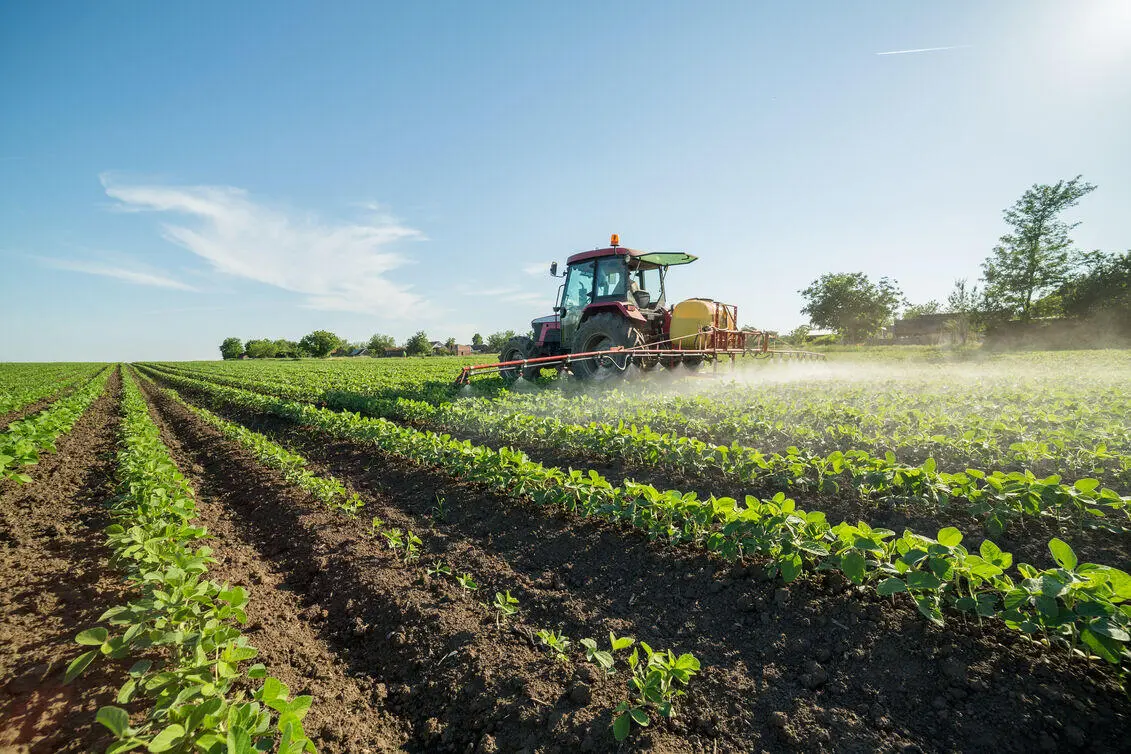To deliver this service, we identify key areas that contribute to the overall environmental footprint of the system and quantify its overall environmental sustainability (based on metrics such as, e.g., energy consumption levels, water usage, impact of chemical inputs, and others). The service provides the customers with the results of the LCA analysis and with a set of actionable recommendations to improve the environmental sustainability of their system. LCA analysis becomes difficult to perform when the machine involves AI or robotics: specialised knowledge of these fields is needed to correctly consider them and their impact on machine operation. For this reason, this service benefits from the expertise not only of LCA professionals but also of AI and robotics experts.
How can the service help you?
Environmental aspects take on increasing importance in today’s agriculture, and companies providing tools and machines are required to consider them in the development of new products.
Performing a life cycle assessment analysis of a new machine at the design or pre-production stage allows the manufacturer to optimise their product from the LCA viewpoint and to make it more attractive on the market as a sustainable and responsible innovation.
The fact that the team performing the analysis includes both agronomists anders who are experts in AI and robotics ensures that these aspects are given the correct consideration in the analysis. It also provides the customer with the possibility of interacting with the whole team in post-analysis activities.
How the service will be delivered
The duration of this service is on average 3 to 6 weeks. The first phase concerns data collection. It involves interviews with the customer and the transmission from the customer to AgrifoodTEF of information about the features of the system to be tested and the elements of particular interest to the customer. During this phase, technical documentation about the system is exchanged (under NDA if confidential). The following phase concerns the execution of the LCA analysis. The analysis will leverage the technical information/documentation provided by the customer and, if the system incorporates externally sourced components, any available impact studies about these.
In the final phase of the service, the customer receives the results of the LCA analysis and a set of actionable recommendations to improve the environmental sustainability of their system, based on their measured starting point thanks to the LCA analysis. During this phase the customer, if needed, can request additional consultation with the service provider and support to interpret both the LCA results and the recommendations.
Service customisation
This service description is intentionally generic. Every instance of this service is, in fact, customised to adapt it to the needs and requirements of the specific customer. The following is an example of a service instance.
Example service: The customer is a manufacturer of weeding machines interested in replacing an obsolete model in their catalogue with a new design incorporating AI control, aiming at providing products with reduced environmental impact. Through the LCA analysis, the customer will receive a complete overview of the environmental footprint of the new design based on its specifications and features: estimated lifespan, estimated emissions of the weeding machine from fuel used during operation, typical energy usage trends based on the customer’s practices, emissions related to transport of the machine from manufacturer to facility, end-of-life disposal options, and so forth.
The impact of the AI control on each of these aspects, where relevant, will be considered in the analysis. The outcome of this Life Cycle Assessment can subsequently be incorporated into the documentation of the new product, thus providing prospective customers with LCA information prior to the purchase of the machine.
